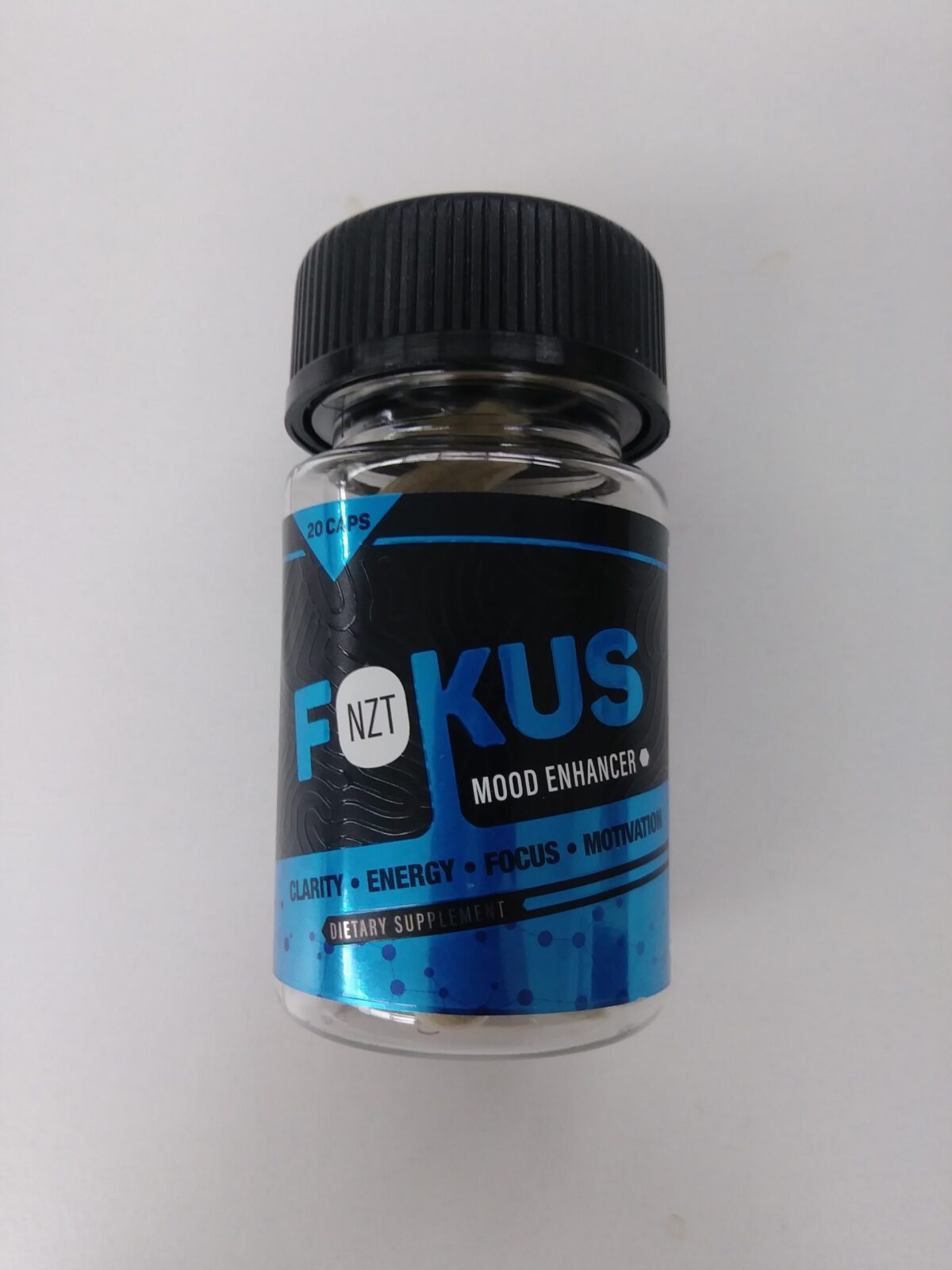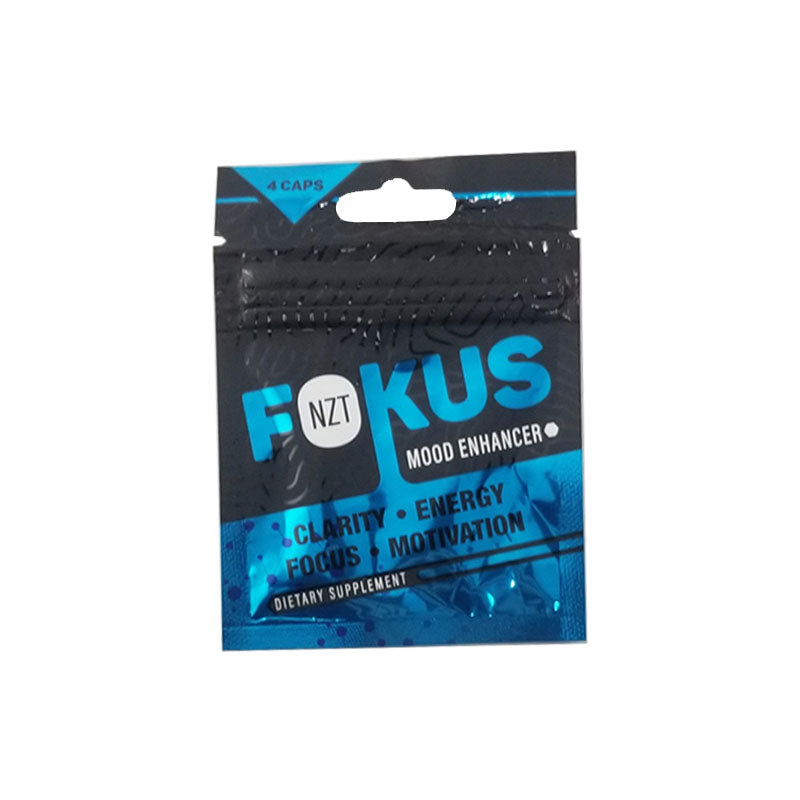
In a broad sense, this is enhancement in a stricter one, it’s optimisation. Hence people drink tea and coffee, or smoke cigarettes, “to try and put prefrontal cortex into a more optimal state”. “That’s what happens when we’re tired, when we’re stressed.” Drugs like caffeine and nicotine enhance the neurotransmitter acetylcholine, which helps restore function to the circuits.

Several chemical influences can completely disconnect those circuits so they’re no longer able to excite each other. They keep each other firing, even when there’s no information coming in from the environment to stimulate the circuits,” she explains. “The way the prefrontal cortex creates these representations is by having pyramidal cells – they’re actually shaped like little pyramids – exciting each other. The prefrontal cortex at the front of the brain is the zone that produces such representations, and it is the focus of Arnsten’s work. This involves mental representations of our goals for the future, even if it’s the future in just a few seconds.” Amy Arnsten, Professor of Neurobiology at Yale Medical School, is investigating how the cells in the brain work together to produce our higher cognition and executive function, which she describes as “being able to think about things that aren’t currently stimulating your senses, the fundamentals of abstraction. There is a large gap, a grey area in between these concepts and our knowledge of how the brain functions physiologically – and it’s in this grey area that cognitive enhancer development has to operate. These are quite abstract concepts, though. They are what we use to make our actions moral and what we think of when we think about what makes us human.

You activate executive functions when you tell yourself to count to 10 instead of saying something you may regret. Executive functions occupy the higher levels of thought: reasoning, planning, directing attention to information that is relevant (and away from stimuli that aren’t), and thinking about what to do rather than acting on impulse or instinct.
#Fokus nzt mood enhancer review cracked
Yet are these smart drugs all they are cracked up to be? Can they really make all of us more intelligent or learn more? Should we be asking deeper questions about what these pharmaceuticals can and can’t do?Ĭognition is a suite of mental phenomena that includes memory, attention and executive functions, and any drug would have to enhance executive functions to be considered truly ‘smart’.
#Fokus nzt mood enhancer review professional
According to widespread news reports, students have begun using these drugs to enhance their performance in school and college, and are continuing to do so in their professional lives.

Limitless is what you get when you flatter yourself that your head houses the most complex known object in the universe, and you run away with the notion that it must have powers to match.Ī number of so-called ‘smart drugs’ or cognitive enhancers have captured attention recently, from stimulants such as modafinil, to amphetamines (often prescribed under the name Adderall) and methylphenidate (also known by its brand name Ritalin).

Granted access to all cognitive areas, he learns to play the piano in three days, finishes writing his book in four, and swiftly makes himself a millionaire. “Well, what this does, it lets you access all of it.” Morra is instantly transformed into a superhuman by the fictitious drug NZT-48. “You know how they say that we can only access 20% of our brain?” says the man who offers stressed-out writer Eddie Morra a fateful pill in the 2011 film Limitless.


 0 kommentar(er)
0 kommentar(er)
